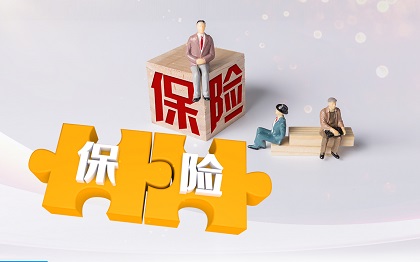China Halves Stock Trade Tax to Bolster Capital Market following Property Boost
- 来源:钛媒体APP
- 时间:2023-08-28 21:17:50
 (相关资料图)
(相关资料图)
BEIJING, August 28 (TiPost)— China launched a host of policies to prop up the capital market right after new stimulus to bolster the property sector.
Credit:Visual China
The stamp duty on stock trading would cut by 50% on August 28, the Ministry of Finance and the State Taxation Administration said on Sunday. The cut, effectively down from 0.1% to 0.05%, is the first reduction on stock trading tax in China since April 2008. The move is supposed to be a short-term boost for the sentiment as stamp duty makes up the highest of investors’ official transaction costs on mainland China’s stock market.
The China Securities Regulatory Commission (CSRC) announced the same day three major policy adjustments to invigorate the capital market and boost investor confidence. Citing recent market conditions, CSRC said it would tighten the pace of initial public offerings (IPOs) temporarily to improve the dynamic balance between supply and demand, suggesting a low pace of IPO, and restrict the frequency and size of refinancing for companies who continuously report financial losses and whose shares trade below net asset value or IPO prices, with the exemption of the listed real estate companies.
Another adjustment targets shareholders’ holding reduction. CSRC said it would review stake sale by major shareholders to regulate their practices. The top securities regulator bans controlling shareholder or actual controller of a listed company from selling stakes via the secondary market, if stocks of the company drop below their IPO price, or the company has not distributed any cash dividends in the past three years and its cumulative cash dividends are less than 30 percent of the average annual net profit in the same period.
CSRC also said it approved three bourses--the Shanghai Stock Exchange, Shenzhen Stock Exchange and Beijing Stock Exchange to lower the minimum margin ratio of financing for purchasing securities from 100 percent to 80 percent after shares close on Sept. 8, 2023. The moderate cut will help put available funds to good use, according to CSRC.
Essentially, either to cut stamp duty or to halt or tighten IPO acts as a supplementary to revive the stock market, and it seems more of a symbolic move than that with effective significance, Soochow Securities analyzed at a note in the beginning of this month. Historic records showed while Chinese stock market typically had a rally following such stimulus, whether the rally can lasts depends on the subsequent industrial cycle, the strength of economic recovery, and whether other policies such as capital market reform can take into effect, the note said.
The stimulus for the stock market came days after China eased mortgage rules and extended tax refunds for homebuyers. In their joint circular recently, the Ministry of Housing and Urban-Rural Development (MHURD), the People’s Bank of China (PBoC) and the National Administration of Financial Regulation allows local governments to consider a household doesn’t have any property registered under any family member’s name as a first home buyer, regardless of mortgage history, adding a new tool for the localities, Xinhua News Agency reported on Friday. Municipal governments can decide whether to adopt the tool, the state media reported. The new policy tool will allow more home buyers to enjoy cheaper mortgage rates and lower their down payments, the report cited officials at MHURD.
Tax payers of personal income tax can be fully or partially refunded if they sell an existing home and buy a new one in the same city within a year, according to a statement jointly issued by the Ministry of Finance, State Administration of Taxation and the Ministry of Housing and Urban-Rural DevelopmentA separate Xinhua report on Friday. The tax break will be applicable from January 1, 2024 to December 31, 2025.
In late July, Ni Hong, the minister of MHURD, called for fully implementing favorable measures including treating homebuyers who had paid off previous mortgages to be first-time purchasers. The significant new policy trend the minister proposed will have the greatest impact on first-tier cities like Beijing and Shanghai, commented Yan Yuejin, research director of the Shanghai-based E-house China Research and Development Institute.
关键词:

























 营业执照公示信息
营业执照公示信息